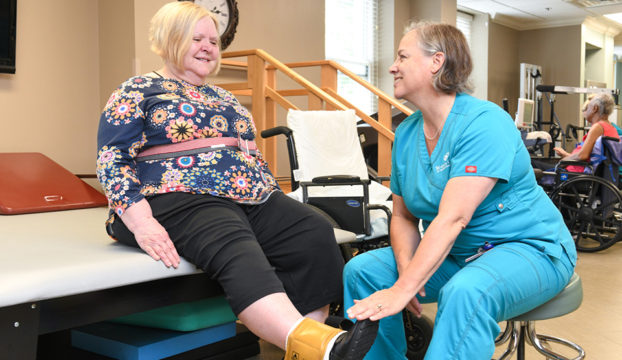The Crucial Effect of Resistance Exercise on Enhancing Rehabilitation and Performance in Sports Recovery
The Crucial Effect of Resistance Exercise on Enhancing Rehabilitation and Performance in Sports Recovery
Blog Article
Resistance training plays a crucial part in athletic recovery, helping sportspeople recover from injuries and enhance their overall performance. When an individual sustains hurt, their physique requires time to recover. However, during this recovery phase, it is essential to preserve strength and flexibility to prevent additional damages. Resistance training can be customized to suit the requirements of each athlete, concentrating on specific muscular groups that may have been impacted by the injury. This focused method not only assists in rehabilitation but also readies the athlete to come back to their activity stronger than before.
One of the main advantages of resistance training in recovery is its ability to improve muscle power and endurance. When muscular tissues are more powerful, they can more effectively stabilize articulations and reduce the chance of re-injury. For instance, an athlete healing from a knee trauma can gain from workouts that strengthen the thigh muscles and back thigh muscles. These muscles play a crucial role in supporting the knee articulation. By incorporating strength training into their recovery program, individuals can recover their strength more effectively and securely.
In addition to developing strength, resistance conditioning also enhances flexibility and scope of motion. Many traumas can result to rigidity in the affected region, causing it challenging for athletes to navigate easily. Strength conditioning exercises often involve extending and elongating the muscles, which can assist reestablish flexibility. For example, incorporating weight bands or dumbbells into flexibility routines can improve the efficacy of these exercises. As mobility enhances, athletes can perform movements more effectively, which is essential for peak performance in their activity.
Another crucial factor of strength training in sports recovery is its beneficial impact on mental well-being. Healing from an trauma can be a difficult and exasperating process for athletes. Participating in resistance conditioning can provide a sense of achievement and enhance confidence. As individuals see improvements in their strength and abilities, they may feel more driven to continue their rehabilitation process. This psychological boost can be just as important as the bodily advantages, as a positive attitude can lead to better results in rehabilitation.
Finally, resistance training can assist individuals transition back to their activity more seamlessly. Once they have recovered their strength and mobility, individuals must to rehearse sport-specific browse around this web-site actions to guarantee they are ready for competition. Resistance conditioning can be integrated with sport-specific exercises to create a holistic recovery program. This blend allows individuals to not only heal but also improve their capabilities. By focusing on both recovery and capabilities, resistance training becomes an crucial instrument in the rehabilitation journey, assisting athletes return to their activity stronger and more resilient.